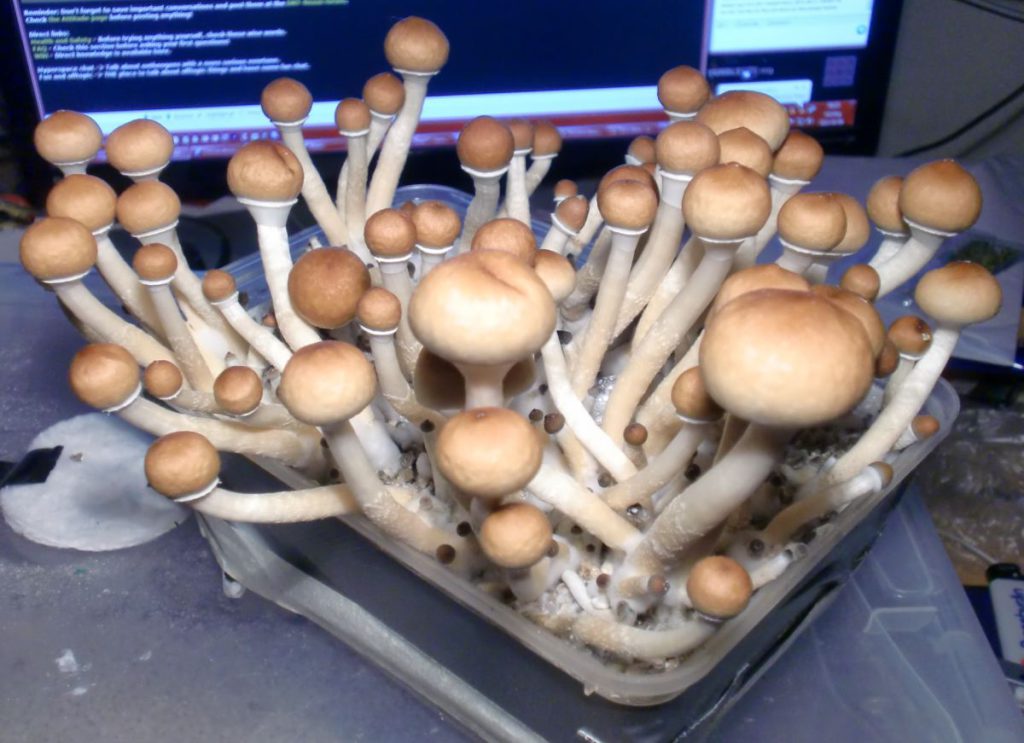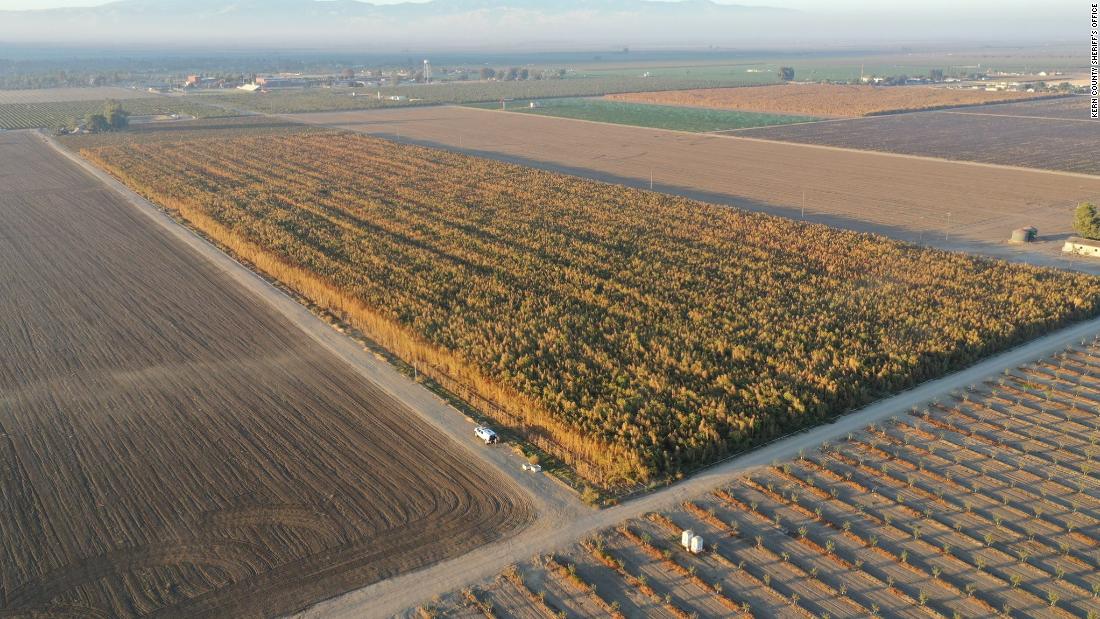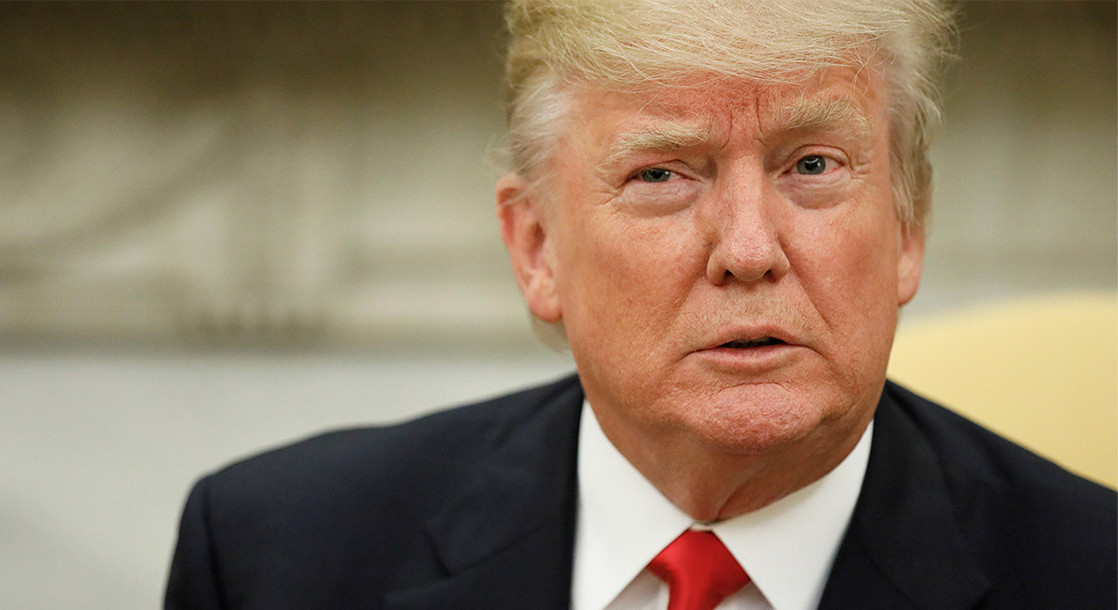In America’s burgeoning legal cannabis industry, advertising can be a hard sell. Each state has its own regulations for how pot brands can market to the public, with smaller municipalities often nixing billboards, storefront promos, and other up-front invitations to toke up. On social media, though, cannabis brands have carved out entire communities to promote, engage, and show off their products. But unlike dispensaries, those social media pages do not come with ID checks.
According to a new study from researchers at the University of Wisconsin, and published in the journal Drug and Alcohol Dependence, one third of teenagers living in states with adult-use cannabis laws said that they have interacted with a cannabis brand on social media. The study also found that those nug pic double tappers were five times more likely to have tried cannabis in the past year than their peers who didn’t follow any weed pages.
“Kids who can’t buy or use non-medical marijuana shouldn’t have to see these promotions and they shouldn’t be able to interact with them,” Dr. Megan Moreno, the lead researcher of the “Cannabis and Social Media Study” and a professor of pediatrics at the University of Wisconsin School of Medicine and Public Health, told local reporters from WMTV News. “These numbers should all be zero.”
Gallery — Beloved Childhood Characters Who Were Definitely High AF:
To reach their conclusions, Dr. Moreno and her colleagues surveyed 482 teenagers aged 15-19 across six states with full recreational cannabis programs. And in addition to the one third of teens who said that they followed or liked some form of pot media, 22% of respondents said that they have a favorite pot brand. And even if age restrictions stand between those teens and legitimate legal weed products, teens with a prefered bud brand were eight times as likely to have used cannabis in the last year compared to their classmates with tamer social feeds.
For their part, social media companies like Instagram and Facebook have routinely deleted, blocked, or banned cannabis pages, but those actions have never been tied directly to claims of youth advertising. Instead, those social media platforms have kowtowed to the feds’ prohibitionist stance on marijuana, and have struggled to create rules around cannabis-related content.
Follow Zach Harris on Twitter











